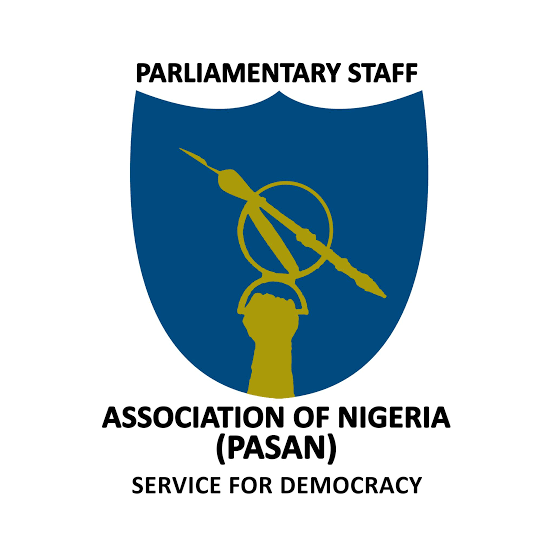
Nigeria could add up to 1.7 million working mothers by 2030 if the country invests in affordable, quality childcare, according to new findings from Economist Impact’s Childcare Dividend Initiative (CDI).
The CDI report, unveiled on Wednesday, was supported by the William and Flora Hewlett Foundation and was produced following a high-level forum held alongside the G20 Women’s Economic Empowerment Working Group (WEEWG) Ministerial Meeting in Johannesburg, South Africa.
The study emphasised childcare as not only a social service, but a critical driver of inclusive economic growth and national productivity. Economist Impact estimates that universal childcare coverage could boost Nigeria’s GDP by 1.09 per cent through increased female labour participation, higher household incomes, and expanded tax revenues that support national development priorities.
To highlight these opportunities, Economist Impact convened policymakers, funders, care providers, and civil society organisations to discuss how strategic investment in childcare can fuel inclusive growth, advance gender equality, and support child development. The discussions aligned with the G20 agenda on women’s economic empowerment and decent work.
Speakers cited reforms such as Kenya’s National Care Strategy, which integrates childcare into economic and social planning to promote equitable access. They underlined the need for cross-ministerial collaboration across finance, education, health, and social development ministries to build integrated, sustainable care systems across African economies.
Ms. Katherine Stewart, Lead Researcher for the CDI at Economist Impact, said affordable childcare must be viewed as an economic necessity rather than a luxury for the privileged. “Our research demonstrates that childcare investments strengthen economies, improve productivity, and empower women to contribute meaningfully to national prosperity,” she said, adding that inadequate childcare services cost the economies of South Africa, Kenya, and Nigeria billions in lost income during 2022 alone.
Ms. Jasmina Papa, Social Protection Specialist at the International Labour Organisation (ILO), said expanding affordable, quality childcare can be one of the greatest engines for decent job creation and social progress, describing investment in the care economy as both an economic and social imperative. Ms. Juhi Kasan, Project Lead for Economies of Care at the Institute for Economic Justice in South Africa, emphasised that gender-responsive budgeting must go beyond gender tagging to ensure real fiscal accountability. She argued that applying this lens to health and education budgets is vital to make public spending more transparent, democratic, and equitable.
Kasan added that prioritising the care economy does not mean using women as instruments of development, but rather placing the wellbeing of communities, families, and societies at the forefront.
As the G20 Summit concluded, experts urged governments to integrate the care economy into national development frameworks to drive equitable growth and sustainable outcomes, and to make childcare central to economic recovery strategies, social protection reforms, and fiscal planning so that both women and men benefit from inclusive growth.
The CDI makes an economic case for investing in childcare systems that are affordable, high-quality, and inclusive, arguing that when strong care systems exist, economies work better for everyone.










